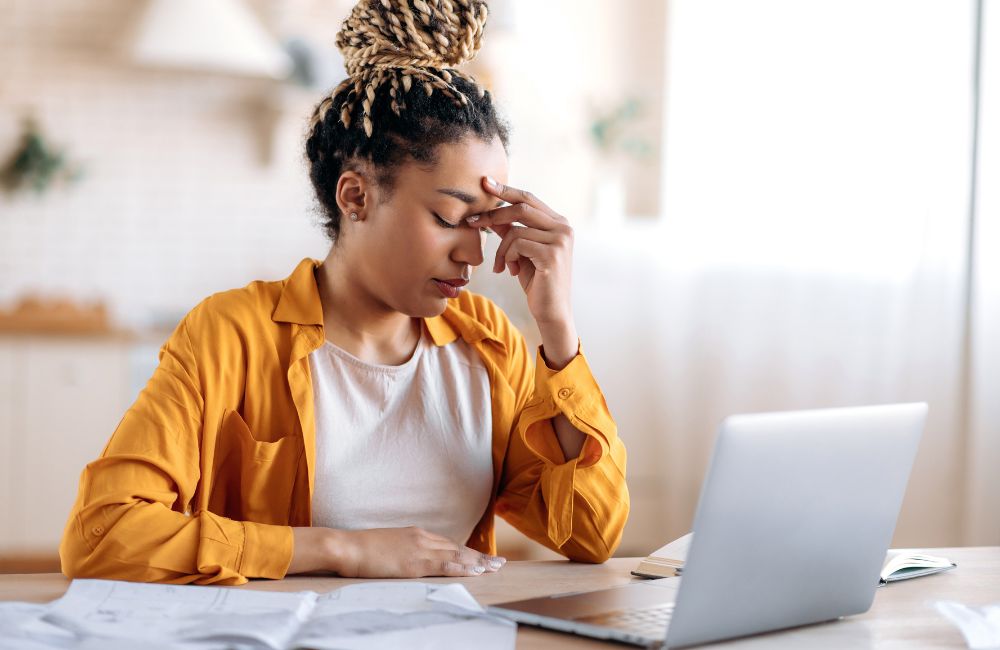Uncertainty can sometimes feel like we’re fumbling around in a dark room with no lights. Like we’re on a journey, but we don’t know where we're going. It’s common for this kind of instability to trigger feelings of anxiety, worry and doubt about what the future holds.
Uncertainty is a natural part of life. And although we can plan and prepare for the future, some things lie beyond our control. So it’s a good idea to find some coping strategies to help you deal with uncertainty when it arises. Here are some tips to get you started:
Ways to deal with uncertainty
Acknowledge your feelings
It can be hard to pinpoint the reason for feelings of anxiety and worry. When we’re swept up in emotion it can often cloud thinking and affect our decisions, without us even realising. Acknowledging your feelings can help you to deal with them.
Look out for what-if thoughts, replaying different scenarios in your head or fixating on particular outcomes. Spotting these signals is the first step. When you become aware of these patterns of emotion, you’re more likely to catch them when they arise again.
Short-term thinking
We've been discouraged from short-term thinking. We’re often urged to dream big and consider the impact of our decisions in later life. But obsessively thinking about the future can lend itself to anxiety about potential outcomes we can’t control. If you’re struggling with future uncertainties, it can be helpful to focus on the short term. Focus on your plans for the next week and take things one day at a time. Your plans will be clearer, and you're less likely to feel overwhelmed.
Focus on things you can control
When we place our attention on things we don’t have control over, we can begin to feel exhausted. Focusing on things in life that you can control will help you feel less overwhelmed by the unknown.
We can control small daily tasks like going for a walk, eating nutritious meals and connecting with friends or family. These behaviours also contribute to maintaining good mental and physical health. When you feel healthier, you'll be better equipped to take on life's challenges.
Mindfulness
Mindfulness involves becoming more aware of the moment you're in. When you're present in the moment, you aren't at the mercy of future worries. How do you do it? Focus on your senses—things you can see, hear, taste, touch and smell. Observe thoughts and emotions as they arise in your mind and your body. Try not to judge. Try to be accepting of the present moment as it is.




